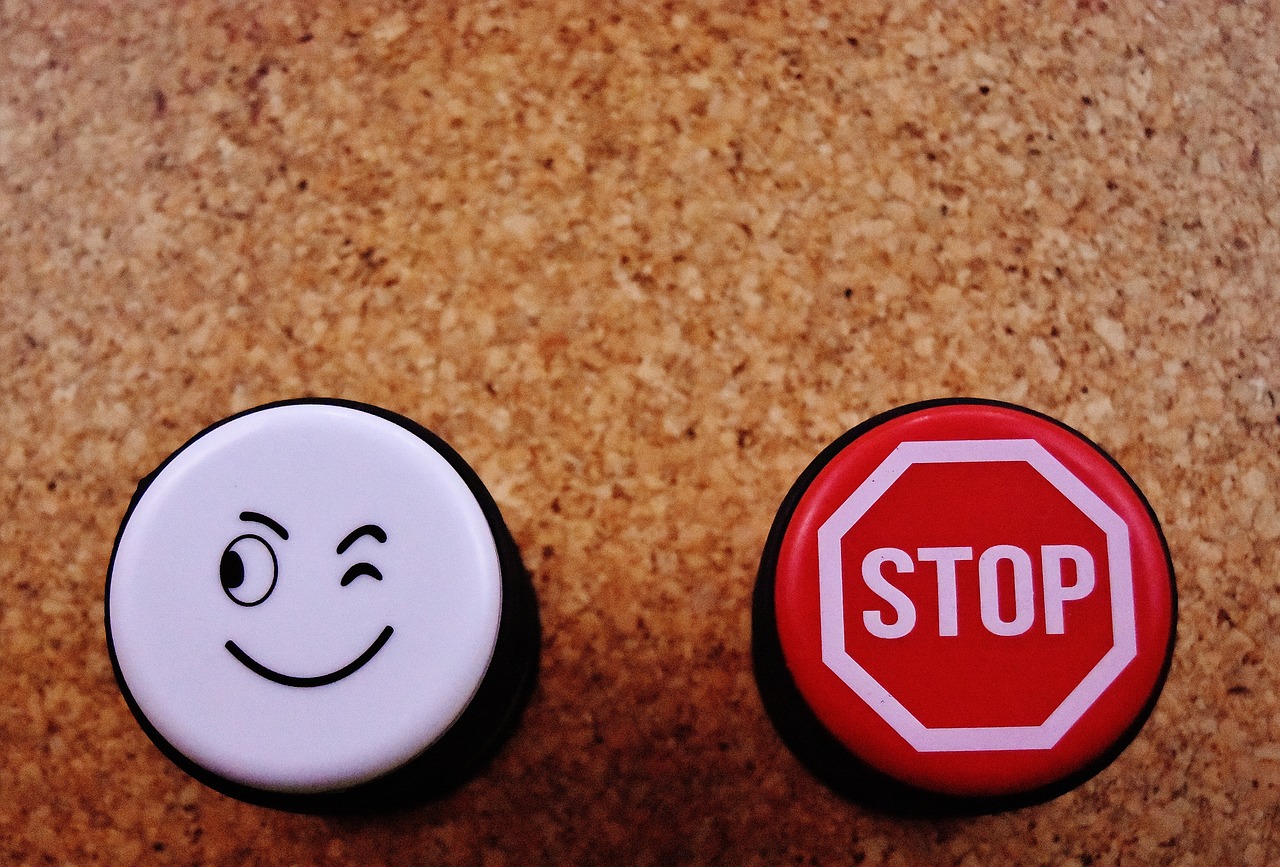
- A guide to getting on top of your finances.
For most Australian’s getting on top of your finances is one of your core goals. Whether you are wanting to save for a deposit on a home, take a holiday or renovate your house, your weekly or monthly budget is the tool that is going to help get you there.
Your budget takes into account the fixed and variable expenses that come up over the course of the month. From rent or mortgage repayments, grocery shopping, insurances and utilities and other commitments you have, your budget should be a detailed document that shows you exactly how much income you make, and where that income should be spent.
Getting clear visibility of this is a must if you are wanting to improve your financial position in the long term.
Why create a budget?
Doing a budget, whether for yourself or your entire house means that you will be able to see exactly where your money goes and build a strategy that will help you save more consistently and make better spending decisions day to day.
Many of our clients have a general understanding of their expenses and commitments, but only a few have gone to the extent of building out a strategic budget to manage their income, expenses and spending allowances. That being said, in my experience, those clients that have a detailed budget are often in a better position than those that don’t, as they know every week where there money is going and where they are able to spend without going beyond their means.
Preparing a budget for you and your family.
There really isn’t a right or wrong way to prepare a budget, as every person and every family is different. Things that will affect the way you put your budget together include frequency of income, (weekly, monthly, fortnightly), other sources of income (side-businesses, commissions, bonuses or income from investments) as well as the categories of expenses that make up your monthly spending.
For most people the following categories are a great start to building your budget.
Income
- Steady Income
- Variable Income
Standard Fixed Expenses
Standard fixed expenses should include the bills that you need to continue to pay ongoing. These include things like utilities such as electricity, gas, phone bill, internet bill as well as insurances such as home insurance, health insurance etc
Temporary Fixed Expenses
Temporary fixed expenses are obligations that have a fixed amount but won’t necessarily continue to be an obligation forever. These include things like credit card payments, loan payments, car loan repayments or personal loan repayments. It is important to consider these expenses separately if like many, one of your goals for your budget is to minimise your financial liabilities. When split out, you can clearly see on a weekly or monthly basis how much paying these debts off will improve your day to day cash flow.
Tracking your budget
Tracking your budget is a habit that you need to get into but overtime it will become second nature. Once you have defined your spending categories and allowances you should go through your bank statement and compare your actual spend to your planned spend to see if there are any variances. The important thing to remember is that even if you go over your budget, it is a good opportunity to either adjust your budget amount to be more realistic, or to curb your spending next month.
Information is power, so the more time you take to understand your spending, the better the chance that you will be able to make sound spending decisions in the future.
Here is a budget planner you can download
Bernie Kyne
Mortgage Consultant
0400141757
bernie.kyne@mortgage-express.com.au



